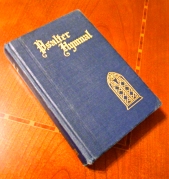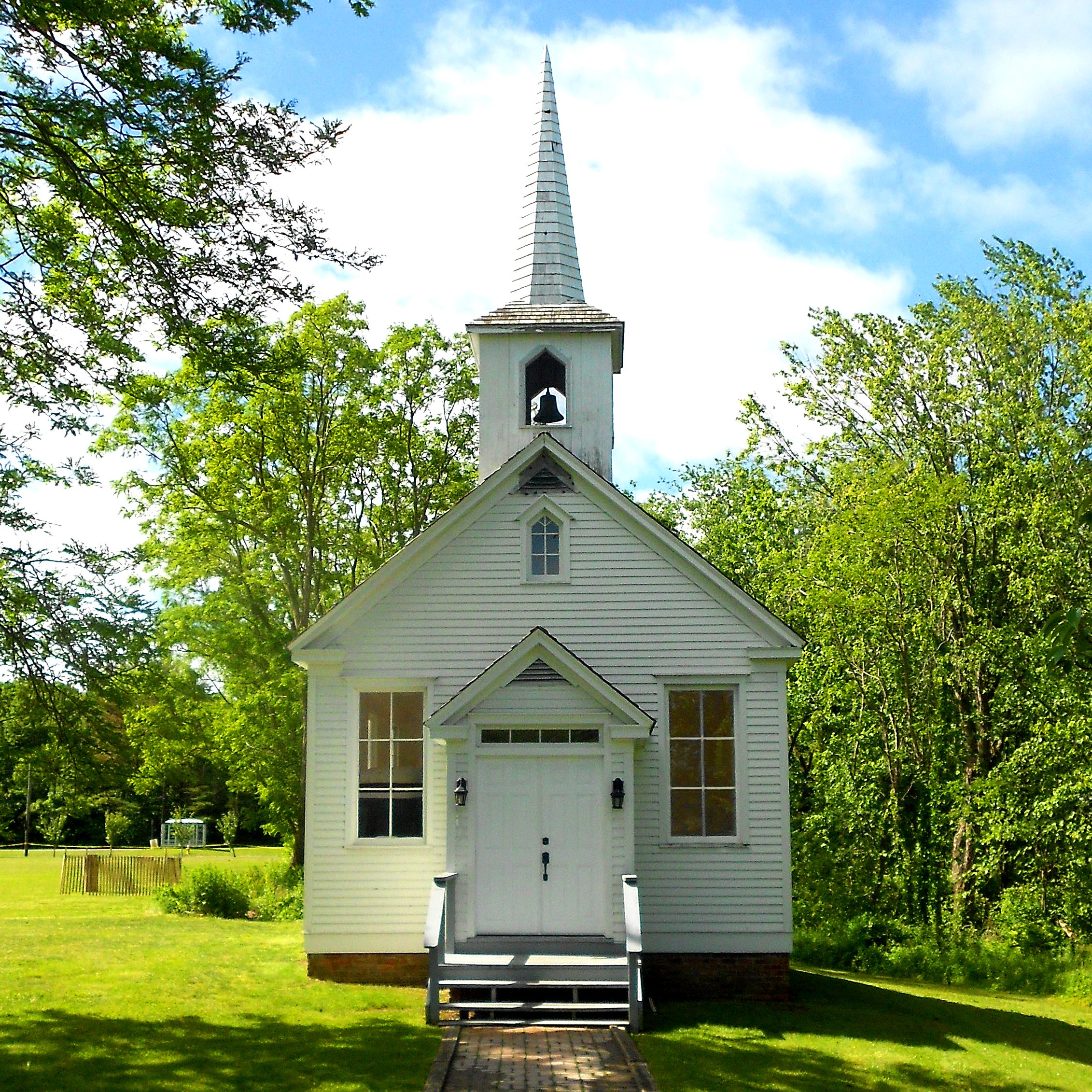Our local news station likes to pat itself on the back by calling viewers’ attention over and over to the fact that they saw a particular story “First on 12.” Sometimes it’s a particularly boring piece of news that no other station could be expected to cover. Then they’ll brag that it’s a story you’ll see “Only on 12.”
The update I’d like to share with you today is neither mundane enough to be something you’ll read “Only on URC Psalmody,” nor recent enough to be something you’ll read “First on URC Psalmody.” Had I been unencumbered with a host of other obligations, maybe this post would have gone up a little earlier. Nevertheless, here it is: a summary of the URCNA Psalter Hymnal Committee’s latest report.
Read the entire press release here.
If you’re not familiar with the URC/OPC Psalter Hymnal project, this page provides some helpful background information. As of last November (the date of their last report), the committee had tentatively chosen settings for all 150 psalms. This report of their March 5-6 meeting includes a substantial amount of overlap, but also some new information.
By now the committees have completed a provisional “Psalm Proposal,” which includes one full metrical version of each psalm (except for Psalm 119, which is divided into its twenty-two large stanzas). “In all, there are about 235 complete metrical Psalm songs included in the proposal. In addition to these metrical versions, there are about 40 partial or paraphrase Psalm songs that have been agreed upon. Most of these partial or paraphrased Psalms are from the blue Psalter Hymnal (PH), as a fair percentage of selections in the PH are either partial or paraphrased Psalms.” This seems to indicate that the Psalm Proposal will be only slightly smaller than the psalm section of the blue Psalter Hymnal (with 310 psalm-songs), and it is my guess that the evaluation process will tend to add more selections to the list.
The URCNA committee reports:
Sensitive to issues of continuity and familiarity, our committees have retained many full metrical or partial/paraphrase selections from the PH in several ways: either as is, or with updated words (e.g. ‘thee’ to ‘you’), or with fuller or more scripturally accurate texts (e.g. a partial text in the PH has been converted into a complete metrical version).
One of the most controversial characteristics of the Hymn Proposal was its extensive modernization of the lyrics of the hymns; the committees will have to address this issue as they tweak the Psalm Proposal as well. Whatever course of action they decide upon, there are bound to be strong opinions throughout our churches. Thus, we ought to pray for God’s wisdom and guidance for the committee members, especially as they try to sort out these sticky matters. May the discussions and the final decision be to his glory.
 I am very excited about the committee’s decision to expand some partial texts from the Psalter Hymnal into full ones. One example they give is Psalter Hymnal #282, “Exalt the Lord, His Praise Proclaim.” In the blue book this setting only treats vv. 1-7 and 19-21, but the report notes that it has been converted into a full versification in the Psalm Proposal. Recently I even experimented with completing a setting of Psalm 63 in a similar fashion. To me, this seems to be an excellent way to preserve the familiarity and heritage of our psalter, while also improving its quality and Scriptural accuracy.
I am very excited about the committee’s decision to expand some partial texts from the Psalter Hymnal into full ones. One example they give is Psalter Hymnal #282, “Exalt the Lord, His Praise Proclaim.” In the blue book this setting only treats vv. 1-7 and 19-21, but the report notes that it has been converted into a full versification in the Psalm Proposal. Recently I even experimented with completing a setting of Psalm 63 in a similar fashion. To me, this seems to be an excellent way to preserve the familiarity and heritage of our psalter, while also improving its quality and Scriptural accuracy.
Once again the committee emphasizes, “By retaining many well-known tunes as well as adding some excellent new ones, we hope that our churches will be able to robustly sing all of the Psalms in the collection.”
Now, what of the future? It has taken the committees nearly two years to complete the Psalm Proposal; beginning this summer, they plan to begin work on a “new and improved” Hymn Proposal. Meanwhile, the Psalm Proposal is expected to be released online sometime after the OPC’s General Assembly in early June of this year. “There will be an online system for churches from both of our communions to submit feedback. After considering this feedback, we hope to have the Psalm Proposal ready for recommendation in 2014 to both the URCNA Synod and the OPC General Assembly.” Work will continue on the Hymn Proposal, which the committees hope to present to synod and the General Assembly in 2016. “Upon approval, the final editing, publishing, and printing of the entire songbook would then commence in the Fall of 2016.”
—
I’ll be honest: I remain on the edge of my seat as I wait to see what’s inside the Psalm Proposal. Collecting beautiful, singable, familiar, and (above all) Scripturally accurate psalm settings into a reasonably-sized psalter is an incredibly arduous task. There’s no doubt there will be disagreement amongst the members of our churches regarding which songs should be included and how much they should be modified. And, like anyone in the URCNA, I need to be prepared for the fact that the Psalm Proposal will probably omit a number of my personal favorites.
But should these objections be allowed to bring our sixteen-year project to a grinding halt? I hope and pray it may not be so. I pray that our discussions and feedback to the committee will be well-measured, well-grounded, and well-intentioned for the good of our federation. I pray that God will grant wisdom and good judgment to the members of the Songbook Committee as they continue their work. Most of all, I pray that our efforts would be seasoned with grace and Christlikeness—for all our singing is in vain if it is not to God’s glory.
–MRK


Share Your Thoughts